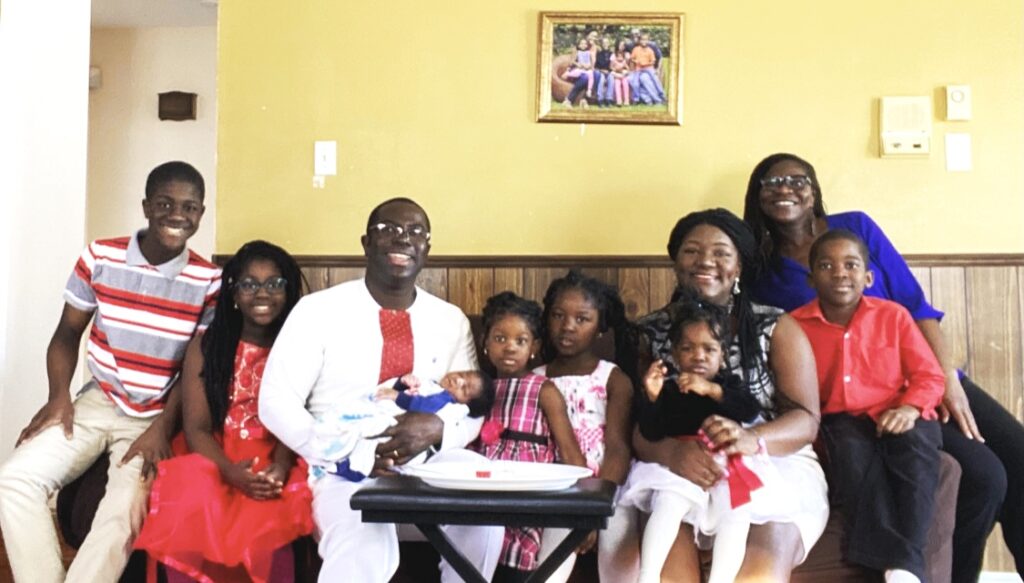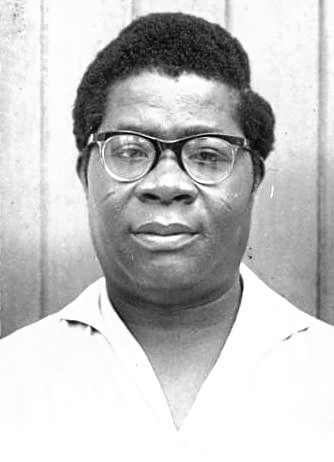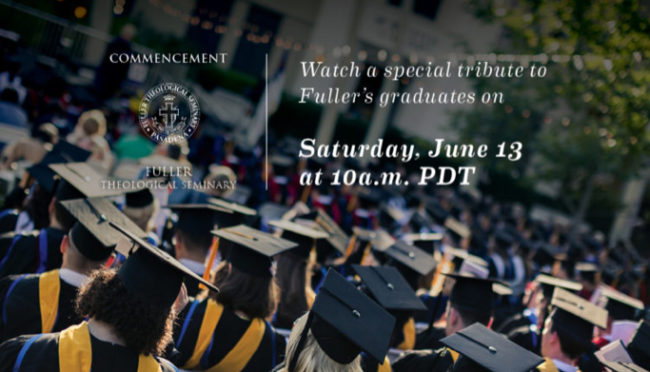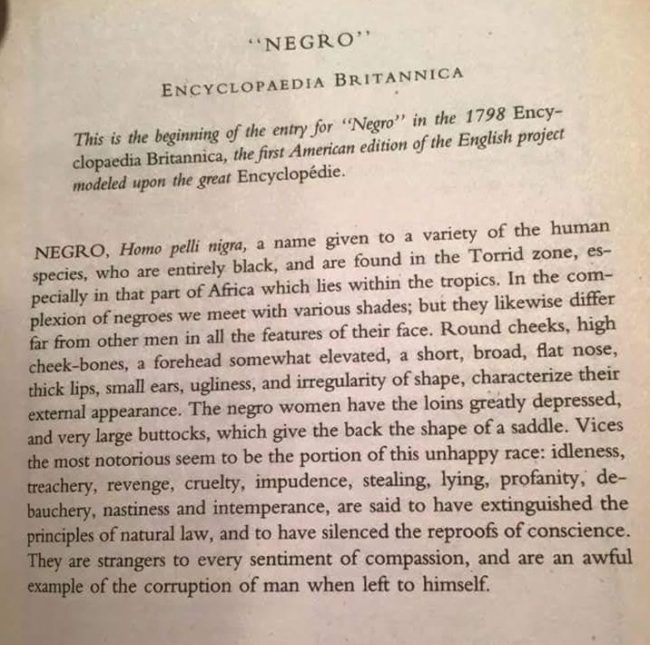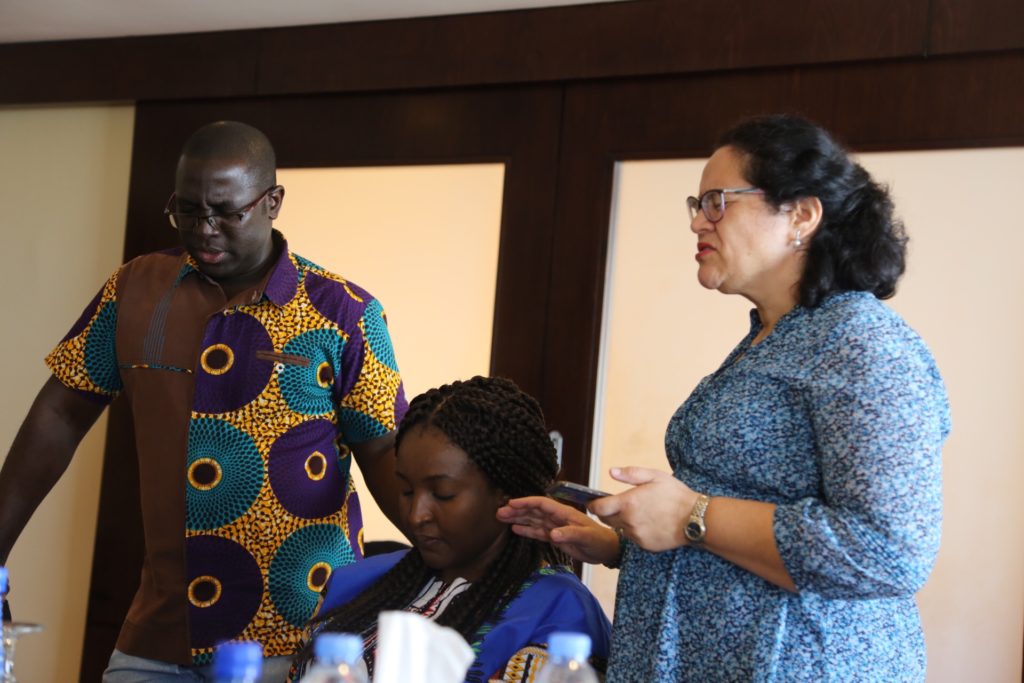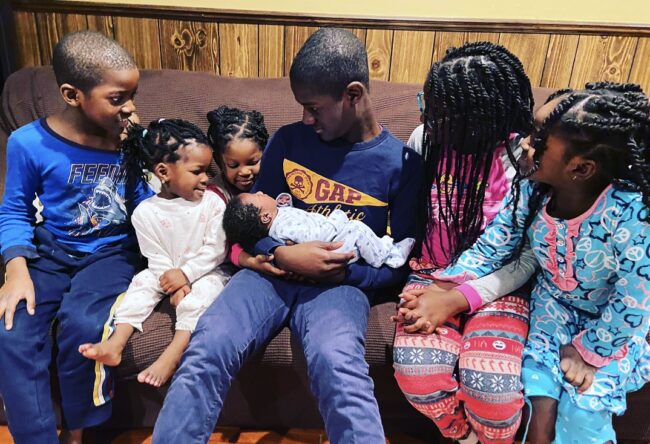
Family Planning Isn’t What You Think
There has been such an overwhelming response (over 80,000 reached!) to a social media post I made regarding a misconception about the essence of family planning that I felt it might be useful to document that write-up on this blog.
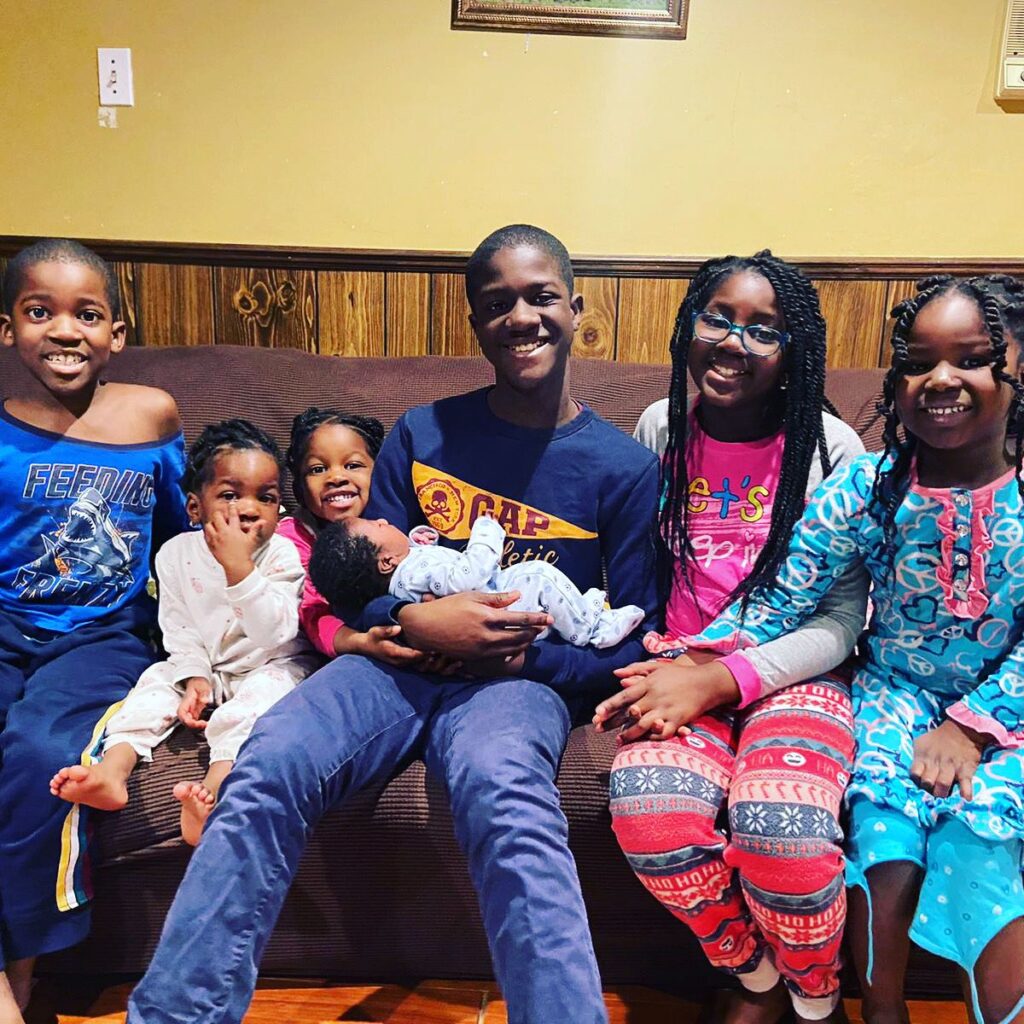
Our six older children totally excited about the arrival of the seventh the day we got back from the hospital after delivery.
On Tuesday, March 2nd our seventh child was born. The rather long boy descended down his mother’s birth canal at the Montreal Jewish Hospital in all his 3.895kg glory. The posting of this momentous occasion on social media sparked a flurry of responses, almost 100% affirmative but I won’t be fooled. Not everyone thinks my wife and I are smart, planet-friendly, trendy, progressive, modern and such.
Just a couple of weeks earlier I had been on a Zoom call with a just-married pastor in Ontario who hopes to have a family of three children. Upon hearing that Anyele and I were expecting again, our seventh child for that matter, he unwittingly asked, “why so many?” To which I responded, “why so few?” The blushing of his face and awkward laughter revealed his embarrassment.
I have mentioned before how people have made it very clear to Anyele and I that they would rather raise pets than have children. Generally our human selfishness/self-centredness doesn’t allow us to do the parenting thing (at all or well) because children are an inconvenience, suckers, an unwelcome reflection of our marred selves, among a host of other postmodern reasons. See here.
“WHY SO MANY?”
We have met people who are proud DINKS–Double Income No Kids. In many circles we’ve been in, this has been the ‘in thing’ or at best two is the most ‘decent’, ‘smart’ and even ‘cute’ thing to do. As I heard one preacher humorously quip, “a boy for me and a girl for you, and praise the Lord we’re finally through!” A year ago, I shared here some of the reasons why Anyele and I have chosen to have “so many.”
Having children or not, many or few at the end of the day is more of a worldview issue than a socio-economic or even climatic one. I share our Christian theist view in this blog. In summary, “There is a higher Being than our selfish selves that beckons; a higher purpose than the painful inconvenience that compels; and a deeper fulfilment of something (and someone) that outlives making merry today and just dying tomorrow.”
THE INTEGRATED LIFE
At our executive education firm, YAW PERBI, we strive for LIFE in all its fullness—#Leadership, #Integrity, #Family, #Entrepreneurship. I personally find it curious that many in the corporate space ignore, even hide, family (and faith) until occasions like Christmas. All of a sudden families come out of the shadows, whipped out and splurged on Christmas cards. You can go on LinkedIn right now and see how it is so ‘professional,’ meaning, almost family-sterile.
I’m super proud of my Wonder Woman Wife, Economist-Entrepreneur Extraordinaire, for the safe delivery of our seventh. We thank God for the privilege of a full quiver of seven lethal arrows for life’s battles, conquests and such. This baby, like the preceding six, will change our lives no doubt—rescheduled meetings, halted plans, budget increases… but what else could life be about?! True success, as my mentor succinctly puts it, is “when those who know you the best, love and respect you the most.”
At Yaw Perbi, we promote people and cheer on companies that seek leadership authenticity by making the integrated life the way to go. Call it life/work balance or whatever you may, our corporate folks, especially C-level folks, must find a way to bring their whole selves to family and same to work. My favourite MBA teacher on this, Bill George, says more about this more eloquently than I could here. Cheers to the #integratedlife, where marriage is not an inconvenience, children are not a nuisance and family is not an afterthought, only receiving the crumps of our time, talent, treasure and efforts.
FAMILY PLANNING ISN’T NO/FEW CHILDREN
Why do so many people wrongly think ‘Family Planning’ means having few/no children? Family Planning is “the ability of individuals and couples to anticipate and attain their desired number of children and the spacing and timing of their births.” Although it was clearly a quote (inverted commas and all), a lot of people on social media were giving me a pat on the back for this spot-on definition without realizing it isn’t something I cooked up to justify my number of children, but actually a World Health Organization (WHO) definition. Of course they add contraception as the means to achieving this desired end of number, spacing and timing.
Even before we got married 15 years ago, Anyele and I purposed and planned to have seven children. There were no guarantees; God ‘engraced’ us. Don’t judge us for having “too many” (in your opinion); we shan’t judge you for having “too few” (in our opinion) or even none.
Your purpose and plan may be different from ours. The most important thing is to ensure that it is God’s unique plan for your unrepeatable family that you are following and not just “comform[ing] to the patterns of this world.”
We hope your Family Planning excites you a lot and scares you a little—just like ours!
Related Blogs
We Really Don’t Like Children That Much Part 1/3
We Really Don’t Like Children That Much Part 2/3
We Really Don’t Like Children That Much Part 3/3
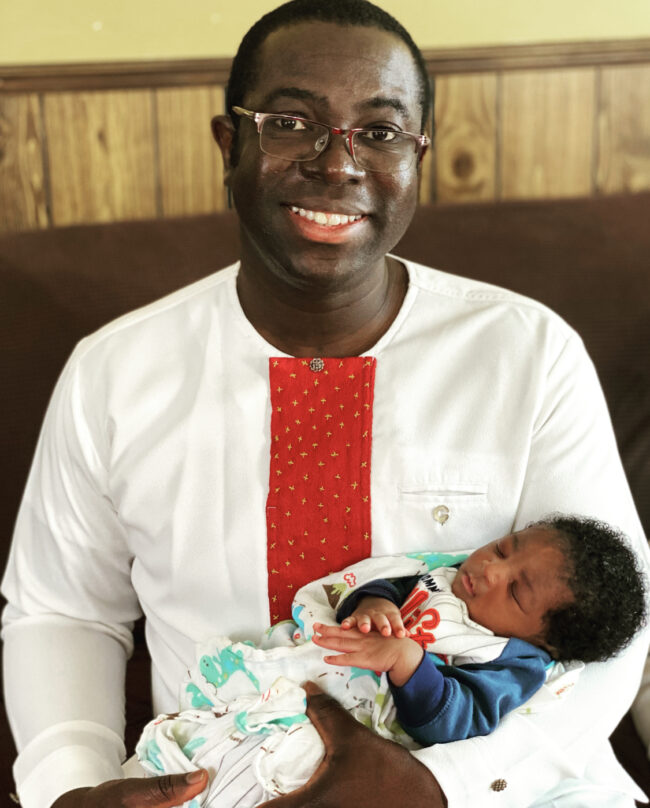
Born in the Month Ghana was Birthed, Nii Ajorwor Ampa Perbi is here!
It is always an honour to get to name someone or something, especially a seventh biological child. The historic and prophet names of the other children have been explained in the past here.
Our seventh, and final, child was born on March 2, 2021 at the Jewish General Hospital in Montreal, Canada. In accordance with our Akan (Yaw’s) and Ga (Anyele’s) traditions of Ghana, we named him on the eighth day, the same day of his birth, Tuesday, a week later. Like all his siblings before, the 3.895kg champion, whose 54cm height excited the obstetric staff because it’s over the 97th percentile, has been given a name pregnant with historic and prophetic meaning. And his name shall be called NII AJORWOR AMPA PERBI. Here’s what each given name means:
NII
All the older six siblings are called Nana, an Akan title meaning prince(ss) and also signifying God as King. Nii is the Ga equivalent of Nana.
AJORWOR
Over a dozen years ago, with inspiration from the life of the patriarch Abraham we felt called out of Ghana: “Go from your country, your people and your father’s household to the land I will show you.” So we did, leaving a great life in Ghana to start from scratch in Canada. The commission came with a commiserate blessing though: “I will make you into a great nation, and I will bless you; I will make your name great, and you will be a blessing. I will bless those who bless you, and whoever curses you I will curse; and all peoples on earth will be blessed through you.” (Genesis 12:1-3)
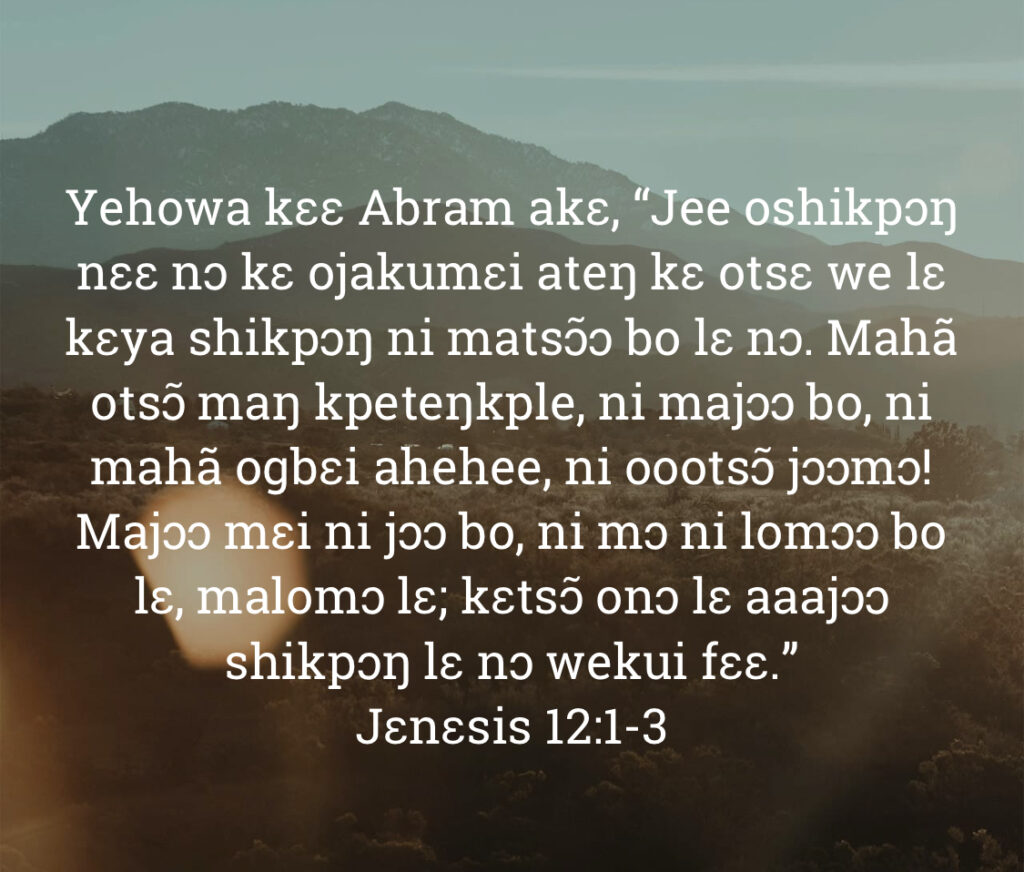
The Ga version of Genesis 12:1-3. You see a variety of renditions of blessing (jormor–anglicized): major (I will bless), aaajor (be a blessing)
It’s been nearly a decade-and-a-half since our being called and sent forth and we feel we’ve really and truly been blessed by the LORD in every sphere of life–physically, spiritually, socially and academically (which was the original door open in Canada). Ajorwor means “we’ve been blessed” or in context, “God has blessed us!”
And we are blessed not just qualitatively but quantitatively too! We had one child at the time of the promise, now we have seven times the number of children! Every child is a blessing, a reward, a heritage from the LORD and an arrow for waging life’s battles and extending the glory of the Kingdom of God on earth as it is in Heaven. Indeed our quiver is full, and the Psalmist says we are blessed for having a quiver full of arrows!

Ajor nuu means “blessed is the man,” but we say ajor wor, “blessed are we all,” for having a quiver-full of sharp arrows
AMPA
Ampa is the baby’s maternal grandfather. When we felt it would be appropriate to name our last child after this noble man we didn’t know Nii Ajorwor would be born so close to Ghana’s Independence Day, March 6. You will soon understand the significance of this. Initially called Kwame Patterson, great grandpa changed his name to Nii Ampa Sowa. He left to study Industrial Management at Leeds Polytechnic, United Kingdom, in 1958, a year after Ghana’s independence from British colonial rule.
Asked by his cousin Ebenezer Ako-Adjei, one of the ‘Big Six‘ founders of Ghana, to come back to help him run his Ministry (Foreign Affairs), he returned to Ghana and became his Personal Assistant in 1960. In 1963 when Ako-Adjei was arrested in a political frame-up, Anyele’s grandfather was arrested too. He was released from Usher Fort and Nsawam prisons after six months detention. He left the civil service.
In 1965, he joined Parkinson Heward (builders of the Tema industrial municipaity) as a bookkeeper. In February 1966, when there was the coup d’etat by the National Liberation Council that ousted Kwame Nkrumah’s government, Parkinson Heward was asked to leave the country. He vowed never to join politics again… hence Anyele’s dad’s aversion to politics! Nii Ampa Sowa passed away in 1980, while Anyele’s dad was pursuing his graduate studies in Canada, where Anyele was born.
THE BLESSING
Interestingly, Ajorwor (“we are blessed”/”we’ve been blessed” in Ga) combined with Ampa (“true” in Akan), Ajorwor Ampa means “truly blessed!” So we have been blessed indeed; but blessing is a mountain with no peak. There’s so much more where these blessings came from and we trust that Nii Ajorwor not only represents blessings past but is a divine sign and a symbol for many more blessings to come to our Perbi family and through us, to all nations! Welcome, Nii Ajorwor Ampa Perbi! Akwaaba!

Black History Month | Africa Leads the World
There is no talk of Black History without faith, especially the Christian faith. PBS recently released a fascinating Henry Louis Gates Jr. documentary on the Black Church. What some dubious people tried to oppress and suppress black people with became the very thing that liberated us and is now giving us a global leading edge.

Send Africa is an evolving missions network whose DNA and launch YAW PERBI is privileged to help shape and midwife
Africa is the most Christian continent in the world today. The year 2018 was the first in history where there were more Christians in Africa than on any other continent in the entire world! (Johnson 2018) THIS IS A BIG DEAL!—this is a one-thousand year record held by Europe that has been broken by Africa in our lifetime. That makes me super excited about Black History Month this year because history is being made right now. As you read this, a number of continental Africans and those of African descent in the diaspora have synergized to birth a new network known as Send Africa to promote further faith formation among ‘unreached people groups’ around the world.
At the formal launch of this Send Africa Network online on February 24-25 during this 2021 Black History Month, my Kenyan friend, Sam Ngugi, and I will be launching a ground-breaking book entitled Africa to the Rest to celebrate this huge feat of Africa becoming a leading global force of faith to the rest of the world. This book is to “celebrate this momentous occasion in world history that has been inadequately highlighted by mainstream missions and missions. It traces some of God’s goodness to Africa in the Bible and throughout history until now to make clear that Africa and Africans have been central to God’s missional purposes; not an afterthought.” You may register for the Send Africa Summit here.
CAPTURED & DISTORTED HISTORY
Of course Africa features in the Bible from start to finish. There were actually two black guys (among the five) that played hands on the apostle Paul and commissioned him on his missionary journeys (Acts 13). Africa is the cradle of monasteries and ecumenicsm. The term Trinity came from Tertullian the Tunisian. St. Augustine was from Algeria, and not a European as we were made to believe growing up in Africa.
As Sam and I state in our book, “People consider Christianity as the white man’s religion to oppress the African due to the last 500 years of Euro-American missionary activity mixed with colonialism without realizing that the first 500 years A.D., Africa was so synonymous with Christianity that one of the most common terms for Christians in Arabic sources is afariqa–indicating a significant degree to which “Christian” and “African” were synonymous concepts (Merrills 2004, 303).”
In fact, the subtitle of our book is “from mission field to mission force (again)“ because Africa(ns) as a mission force first impacted Europe with the Gospel! That notion that Africa first evangelized Europe is the essence of Thomas Oden’s book titled How Africa Shaped the European Mind. “My core hypothesis,” Oden himself says, “is that much intellectual history flowed south to north: from Mumidia to Sicily to France and Italy. It flowed from the Nile to the Euphrates and the Danube. It flowed from Pelusium to Gaza to Cappadocia. …There is ample evidence available that the seeds of African orthodoxy have been lifted by high winds to distant northern climes. Only much later have they returned to Africa in a Western guise.”
Only a century ago, at a world missionary conference in Edinburgh, not only was there no continental African there as a delegate, we were described as “heathen” in need of being saved. Today there are more Anglicans in Kenya than in England. At the time, the continent had 9 million Christians while Europe was home to 406 million. Today, Africa has over 630 million Christians, a clear 30 million more than Latin America in second place with Europe in third place with 571 million Christians. And it’s not a nine-day wonder, for by 2050 (Deo volente), there will likely be more Christians in Africa (1.25 billion) than in the next two continents combined! (Johnson 2018)
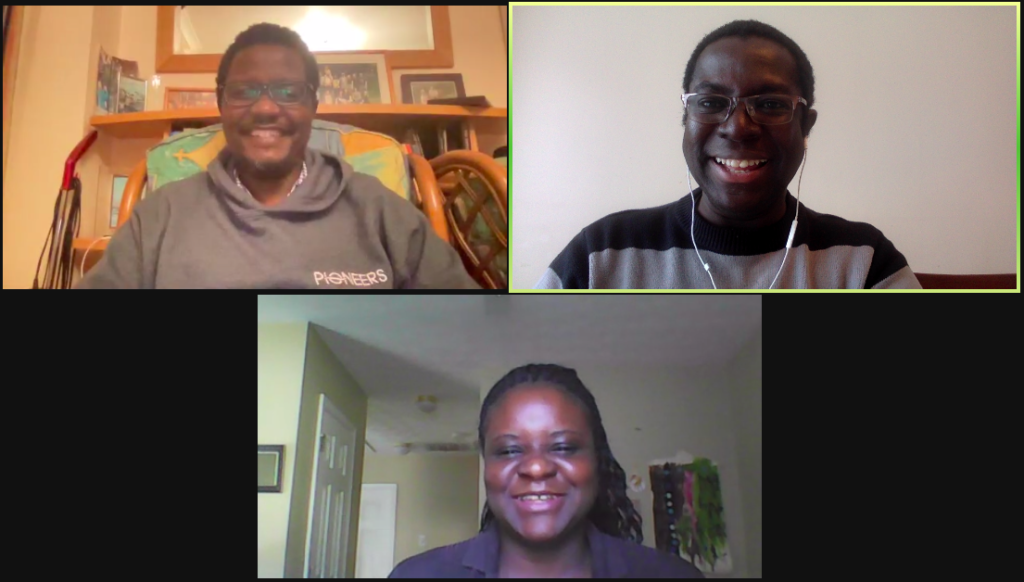
The all black ‘Africa to the Rest’ team of two writers and an editor on a Zoom call from Canada, the USA and England
UNDENIABLE PRESENT
It is good to know that Africa leads the world in something. There are churches that began in Africa and are in 198 countries now. The largest congregations in Europe are pastored by Africans, like Sunday Adelaja’s in Kieve, Ukraine. The most multinational congregation in the world—108 nationalities—was founded by and pastored by my good friend and mentor in Vancouver, Canada, Dr. Sam Owusu. I could give you a list of about 10 global mission organizations–including the Navigators, SIM, Langham Partners and SIL–currently led by Africans!
Why is all this important? For many reasons but three will suffice for now. First, black people have been part and parcel, even central, to the purpose and mission of God unlike others have tried to make us think. We are equally made in the image and likeness of God as anyone else. We ought to rejoice and while not bragging about ourselves, ‘make our boast in the LORD.’
Secondly, the Christian faith is authentically African. As one scholar put it, Christianity is a beggar looking for clothes in whatever culture it goes into. The fact that it was captured by Europeans and Americans and tailored as a tool of oppression of blacks in slavery, colonialism etc. is simply not right (not the authentic Christian faith) and doesn’t make the faith the preserve of the white man either.
Finally, the business world and other sectors in Africa that are trying to make a mark on the world stage could learn a thing or two from the African Church that leads the world in faith today, hands down.
THE FUTURE HAS COME
I come from a long and rich family history of black (hi)story tellers. My grandfather was an emeritus professor of ethnomusicology and my mother is a professor of history with a specialization in the slave trade. I feel privileged to take my turn to tell stories of African leadership, and in this particular case, leadership in faith, church and missiology.
The assassinated Congolese nationalist leader, luminary and first Prime Minister of the Democratic Republic of Congo, Patrice Lumumba, must be smiling in his grave that the day he prophesied is here: “The day will come when history will speak. But it will not be the history which will be taught in Brussels, Paris, Washington or the United Nations… Africa will write its own history and in both north and south it will be a history of glory and dignity.” The day has come!
For those of no faith and saying to themselves “who cares if Africa is the most Christian continent?” because we’re yet to see it tell on our socioeconomic indicators or the millennium development goals, just you wait. Works soon follow faith. Unless it’s not true faith; because faith without works is dead.
References
Johnson, Todd M., Gina A. Zurlo, Albert W. Hickman, and Peter F. Crossing. “Christianity 2018: More African Christians and Counting Martyrs.” International Bulletin of Mission Research 42, no. 1 (January 2018): 20. doi:10.1177/2396939317739833.
Merrills, A. (Ed.). (2004). Vandals, Romans and Berbers: New Perspectives on Late Antique North Africa (1st ed.). Routledge, 303. https://doi.org/10.4324/9781315235127
Oden, Thomas. 2007. How Africa Shaped the European Mind, Downers Grove: InterVarsity Press, p.71.
Perbi, Yaw & Sam Ngugi. 2021. Africa to the Rest: from mission field to mission force (again). Forthcoming. Xulon Press.

Nigeria is Too Important to Fail

Leaders and organizers of the Africa Impact Forum in February 2020 (Photo credit: Africa Leadership Initiative)
What a year for Black folk! From police brutality in the United States of America (USA) to same in the western region of Africa, White on Black, Black on Black, what a year! One would think that having commemorated 2019 as 400 years after the first Black slaves set foot in what is now the USA the news wouldn’t smell of Black beatings and lynchings and treatment as less than human any longer but here we are. In this season we’ve had the luxury of both time (thanks to COVID-19) and technology to etch these news clips into our consciences and reveal to us not only where we stand but even more deeply, who we are.
On the last day of this year’s Africa Impact Forum (February 26-29) for fellows of the Africa Leadership Initiative, a part of the Aspen Global Leaders Network, my heart was really stirred by Olara Ottunu, Ugandan diplomat, lawyer and politician. He was Uganda’s Permanent Representative to the United Nations from 1980 to 1985 and was the United Nations Under-Secretary-General and Special Representative for Children and Armed Conflict from 1997 to 2005. Olara Ottunu minced no words in the final plenary that there can be no African prosperity without Nigeria and the Democratic Republic of Congo doing well. These ‘big boys’ are the most populous Anglophone and Francophone nations on the 55-state continent of Africa. I have since not looked at Nigeria the same way. Nigeria is too important to fail.
If Black Lives Matter, then the most populous Black country on earth matters immensely. Altogether the over 200 million Nigerian people of 300 tribes matter; individually, each person matters. And by the way, Nigeria will overtake the United States to become the third-most populous country in the world by 2050, surpassing the 300 million people mark, according to a United Nations report. The current seventh most populous country in the world is not only rich in people but also oil and other natural resources. This goes without saying.
Boasting of one of the most vast African Diaspora populations in the world, I have personally had the pleasure of forging deep friendships with Nigerians at medical school in Ghana and as president of International Students Ministries Canada today, delight to see them shine among the top 10 sending countries of international students to Canada. If Africa is the most numerically Christian continent in the world today, it is significantly in part due to Nigeria’s over 90 million strong Christian population.
When Africa’s largest market of 200 million people (twice the size of Ethiopia’s 110 million or Egypt’s 102 million) surpassed South Africa to become the continent’s largest economy as well last year, the business experts had to admit, “Now It’s Too Big for Businesses to Ignore.” Why do you think the United States and United Kingdom have over $55 billion in foreign direct investments in Nigeria, with the Chinese following close after France? Not to mention Italy, India, South Africa, Singapore and Switzerland.
NIGERIA IS WORTH SAVING
When George Floyd was slowly slaughtered before the eyes of a watching world and protests erupted all over the United States and around the world, one of the most profound things I heard was that if Africa had upped her socio-economic game many African-Americans would’ve rather returned ‘home’ than suffer such indignity in the U.S. Even then for some, freedom and dignity matter more than economics, so have responded to overtures from governments like Ghana’s to ‘come home.’ “We want to remind our kin over there that there is a place you can escape to,” said Akwasi Agyeman, chief executive of the Ghana Tourism Authority. “That is Africa.” Now, if I may ask, what is the sense in Blacks escaping police brutality in America, crossing the expansive Atlantic, only to come ‘home’ to the same police brutality, Black on Black?
I am very proud of the display of Youth Power! that has called for #EndSARS and indeed has succeeded in the dissolution (on 11th October, 2020) of the Special Anti-Robbery Squad (SARS) of the Nigeria police which has meted out unspeakable crimes against the citizens of Nigeria. Now some protests are deteriorating into rioting while law enforcement is metamorphosing into death squads firing live ammunition into crowds. As Global CEO of The HuD Group, with HuD Nigeria as one of our strong networks, we demand that elected officials as well as the teeming youth be response-able (responsible) and remember that they hold the dignity and prosperity of the entire Black race in their hands.
All nations matter but not all nations are equally strategic. You would think some of the reasons given above why Nigeria is too important to fail are rather carnal but once upon a time when God Himself wanted to save a certain nation from destruction His reason for sending them a prophet to save them from themselves was pretty intriguing: “And should not I pity Nineveh, that great city, in which there are more than 120,000 persons who do not know their right hand from their left, and also much cattle?” (Jonah 4:11) The numbers of humans matter, the natural resources matter. Nigeria is too big and too important to fail. #PRAY FOR NIGERIA!
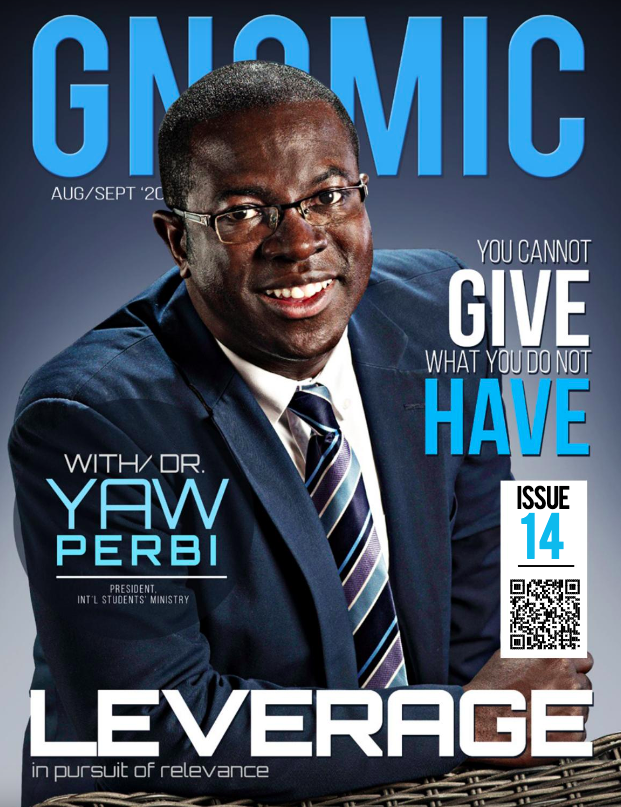
Gnomic Interview
So these medical students recently caught up with me and did a fun interview. Hope it’s as much a fun read for you as it was hanging out with them! I pray they catch God’s heart for calling them and become missional medics!
Read here, from page 40.
Prayer by an Unknown Confederate Soldier
The pray-er of this now-famous prayer might be unknown; but the truth of its content, many of us must be quite familiar with. At least I know I am.

That’s Anyele, my dear wife. She’s the best for me, for sure! She’s an answer to prayers prayed and those I didn’t even know to ask! “Almost despite myself, my unspoken prayers were answered. I am, among all people, most richly blessed.”
“I asked God for strength, that I might achieve, I was made weak, that I might learn humbly to obey.
I asked for health, that I might do greater things. I was given infirmity that I might do better things.
I asked for riches, that I might be happy. I was given poverty, that I might be wise.
I asked for power, that I might have the praise of others, I was given weakness, that I might feel the need for God.
I asked for all things, that I might enjoy life, I was given life that I might enjoy all things.
I got nothing that I asked for — but everything that I had hoped for.
Almost despite myself, my unspoken prayers were answered.
I am, among all people, most richly blessed.”
Prayer by an unknown Confederate Soldier.
COVIDic Times: My Addiction to D.V.
Those who know me well will tell you I have an addiction to D.V.; no, not T.V., D.V. And it’s the smartest ones who ask me, sometimes after an unsatisfactory Googling spree: “what does ‘DV’ mean?” Let me spill the beans today.
Today is not as I had planned it. Some six months ago, Anyele and I had imagined a family road trip across the North America continent (we’ve done it once), from where we live in Montreal, Quebec (East Coast) all the way to Pasadena, California (West Coast). Yes, the trip in itself would be enjoyable but the icing on the cake would be today, my graduation from Fuller Seminary with a Master of Arts in Global Leadership. Unless you are a stranger on the planet, there’s no need to tell you why we’re stuck at home in Montreal (incidentally the Coronavirus epicentre in Canada), watching my Commencement from a laptop screen instead!
I’m not complaining; just telling my version of a story almost everyone of us can relate to. Whose ‘solid’ plans haven’t changed this year due to a certain ‘invisible’ Coronavirus? Most of us had the year quite well-laid out and then… BAM! COVID-19 hit. Tell me: how are your new year plans going?
D.V., THE WISDOM OF JAMES
It is a well-functioning human being that recognizes it is a good thing to plan one’s life, year, month, day etc. It is also a well-functioning Homo sapiens that recognizes it is human to have limits–we cannot, and do not, control everything. We get to make some things happen under our control but some things also happen to us beyond our control–like the season, the weather. We are only human (ouch, why does that hurt so much?!). God is Omnipotent (all powerful); we are mini potent. God is Omniscient (all knowing); we are mini scient (how much is your science?). God is omnipresent (present everywhere at the same time, including the future); we are mono present and can only live in the now.
Besides, God is eternal, everlasting, but not so with us–we each have an ‘expiry date.’ God is God; we are not. (S)He has no limits; we do. My mentor Peter Scazzero is spot on that “embracing our limits humbles us like little else.” In fact, the word for human in my Twi language is Odasani, literally meaning, one whose days finish. James the brother of Jesus Christ exhorts then:
13 Now listen, you who say, “Today or tomorrow we will go to this or that city, spend a year there, carry on business and make money.” 14 Why, you do not even know what will happen tomorrow. What is your life? You are a mist that appears for a little while and then vanishes. 15 Instead, you ought to say, “If it is the Lord’s will, we will live and do this or that.” 16 As it is, you boast in your arrogant schemes. All such boasting is evil. 17 If anyone, then, knows the good they ought to do and doesn’t do it, it is sin for them. (James 4:13-17, emphasis mine)
D.V. then isn’t Digital Video, Domestic Violence, Daily Value, Double Vagina, Dependent Variable, Diversity Immigrant Visa (DV lottery) or … whatever else people find when they Google it after I send their minds reeling with those two alphabets at the end of my email, SMS or social media sentences? D.V. is Deo Volente, Latin for “God willing” or “if it is the Lord’s will” as St. James lays it out so beautifully in the aforementioned Scripture.
In my few years on the planet I must say that I have found my Muslim friends take the spirit and practice of Yakubu’s Scripture above much more seriously than my Christian brothers and sisters. The former often are quick to add to their futuristic statements and plans, “Insha Allah,” God willing.
HOW I GOT HOOKED
By now you’ve probably heard me tell the story of how God miraculously saved my life during this fatal car accident (picture above) on 21st July, 2008 on the Yamoussoukro-Abidjan highway in Cote d’Ivoire while serving with the United Nations Operation there. What you most likely don’t know is that I clearly bouncing up and down in my military boots as I enthusiastically went to our Radio Room at our base in Bouaké (about the middle of the country) that crisp morning and confidently said to the operator on duty in Ga (the language of the people of Accra; my wife Anyele’s tribe), the equivalent of: “We are off to Abidjan. We will be back.”
No. “What is your life? You are a mist that appears for a little while and then vanishes. Instead, you ought to say, “If it is the Lord’s will…”I’m getting goosebumps even right now recalling my shock the moment I realized that out of the three of us who left our U.N. hospital base that morning, two of us never returned as they died in the said car crush en route to Abidjan and even I did not come back the same man who left.
Since then, I have become an extreme addict to ‘D.V.’, humbly attaching it to virtually every futuristic statement and plan I make, sometimes to the chagrin of others who haven’t died like me before. For me it isn’t only the right thing to do because Scripture says so; I’ve experienced the wisdom and reality of it several times, the epitome being July 21, 2008. To me then, to not add ‘D.V.’ to my plans is sin (James 4:17).
EVEN ROYALS ARE NOT EXEMPT
Arthur W. Pink tells a D.V. story from his perspective in his book, The Sovereignty of God, something that occurred twenty years prior:
“Queen Victoria was dead, and the date for the coronation of her eldest son, Edward, had been set for April 1902. In all the announcements which were sent out, two little letters were omitted, D. V.-Deo Volente: God willing. Plans were made and all arrangements completed for the most imposing celebrations that England had ever witnessed. Kings and emperors from all parts of the earth had received invitations to attend the royal ceremony. The Princes proclamations were printed and displayed, but, so far as the writer is aware, the letters D. V. were not found on a single one of them. A most imposing program had been arranged, and the late Queen’s eldest son was to be crowned Edward the Seventh at Westminster Abbey at a certain hour on a fixed day. And then God intervened, and all mans plans were frustrated. A still small voice was heard to say, “You have reckoned without Me,” and Prince Edward was stricken down with appendicitis, and his coronation postponed for months!”
A NOTE TO ONE WHOSE DAYS FINISH
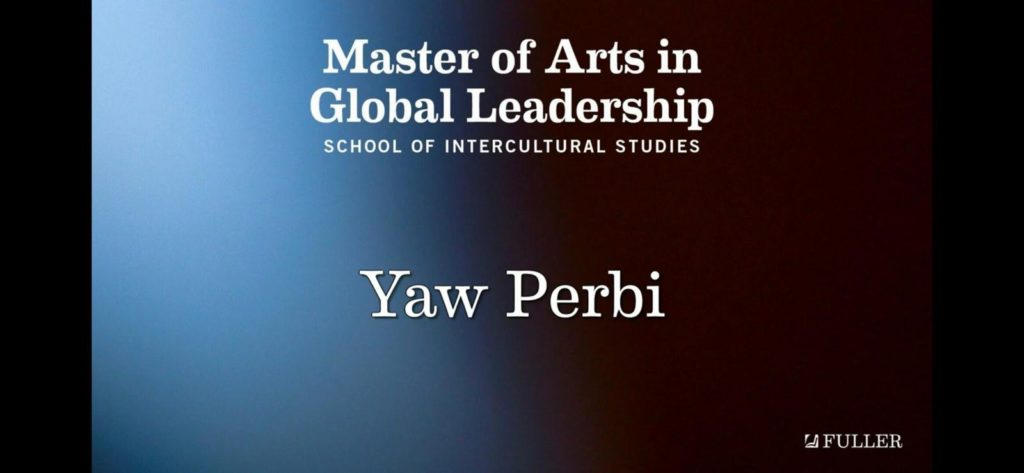
All I got was a screenshot; not walking across the stage as I had envisioned, let alone driving across the continent!
The point is not that God is some Supreme Heavenly Killjoy, eagerly looking out for whose parade He can rain on today or tomorrow but rather that we accept we are only human and humbly add ‘D.V.‘ to our plans, great or small, as long as they extend beyond this very second. Deo Volente. “Why, you do not even know what will happen tomorrow. What is your life? You are a mist that appears for a little while and then vanishes.” My days haven’t ended (yet) but my Commencement plans surely have.
Another Ordinary Black Man Downed by a Superior White Policeman: Is there not a root cause?
Mad I am. Have you seen the videos of the broad daylight murder of yet another unarmed Black man, George Floyd, by yet another White police officer, this time in Minneapolis? The officer literally knelt on the poor man’s neck till he died.
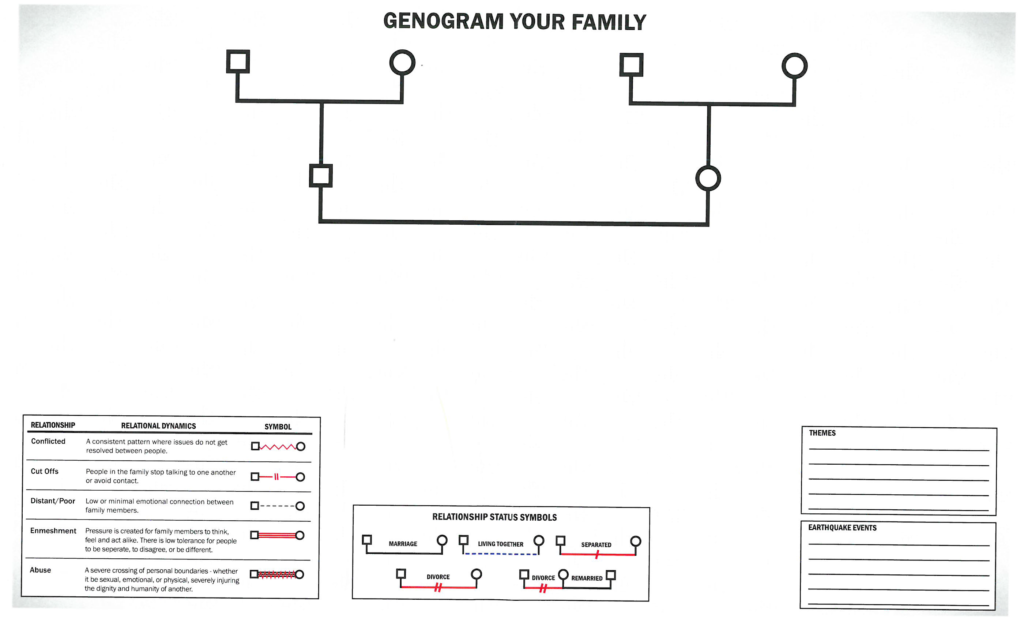
Blank sample to genogram your own family (courtesy: Pete & Geri Scazzero’s Emotionally Healthy Discipleship)
I’m in the middle of a transformative ‘Emotionally Healthy Spirituality’ course with Pete Scazzero (this is at least the third time I’m doing it). Incidentally in the very week we’re focusing on ‘Going Back to Go Forward,’ examining the deep-rooted attitudes, values, behaviours, patterns etc. in our genogram, this dastardly cycle of white police brutality on black lives comes up again; this time George Floyd’s in Minneapolis.
A genogram (pronounced: jen-uh-gram) is “a graphic representation of a family tree that displays detailed data on relationships among individuals. It goes beyond a traditional family tree by allowing the user to analyze hereditary patterns and psychological factors that punctuate relationships.” Biblically, we are affected by the being and doing of our forebears to the third and fourth generation. Meaning, those of us alive right now are exhibiting certain things, good and bad, blessing and cursing, that were sown by our relatives in the 1800s.
The deep rooted nature of this American problem of white-on-black violence leads me to think it is in the white person’s genogram, dating back to the era of colonialism and slavery. A white person (‘master’) unaware of this and put in a place of immense power, like a police officer, inadvertently and uncontrollably mets out brute and fatal force on his black ‘slave.’ It’s in the blood; it’s in the DNA, covertly usually.
Apart from pure demonic activity, this seems to be the only way I can begin to comprehend how a human being can delightfully kneel on the neck on another human and suffocate him to death (#icantbreathe), with hand in pocket and a smirk on his face.
Tell me if I’m going crazy, be honest, even crass, with me, especially if you are white and you call yourself my friend.
If you don’t care, you’re not my friend anyway. If you’re offended, feel free to fume awhile and let’s jaw-jaw when you cool down or unfriend me forever.
“But let justice roll on like a river, righteousness like a never-failing stream!”(Amos 5:24)
POST SCRIPT: MENTOR TO THE RESCUE
I got a response to my Genogram Theory of Systemic Racial Justice above from my Emotionally Healthy Spirituality mentor Pete Scazzero, via SMS, and it was in the affirmative: “…yes the murder of George Floyd is very much the result of that man’s GENOGRAM, the police department’s and the history of the USA.” Thank you sir! BAM!
POST SCRIPT: OF HEART AND BONES
These race issues are deep deep matters. If your kind of Christianity can’t engage this issue and bring a Gospel solution to it, you’ve got the wrong kind; it’s not worth following!
For Christians who want to quickly whisk this issue away with 2 Corinthians 5:17, remember that we are in a process of sanctification after we open our hearts to Jesus for a reason!
Don’t ignore your own genogram. If your great great great grandpa thought my great great great grandpa was a Homo pelli negra don’t take it lightly; it takes a deep work of the Gospel of grace and the Spirit of Truth to see me as a Homo sapiens 200-400 years later. Scazzero says it best: “Jesus may be in your heart, but grandpa is in your bones.”
Why Being an ‘African Christian’ isn’t an Oxymoron.
A friend and old school mate asked an ‘innocent question’ on Face Book: “Why is African Traditional Religion confused with wizardry or witchcraft?” Some of the responses I saw got my missiological juices going!
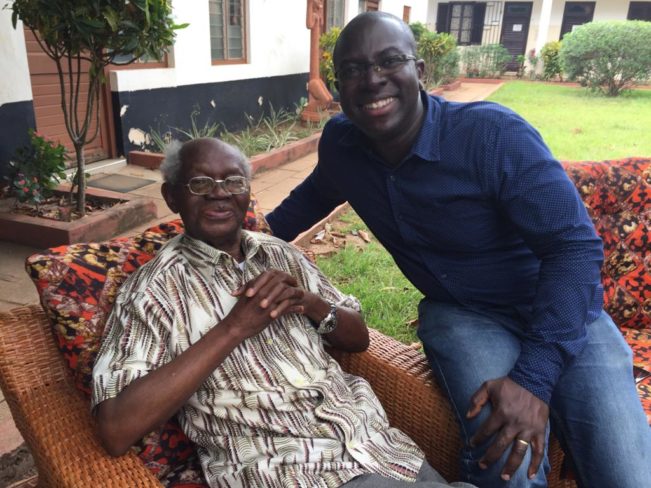
Hanging out with my late grandfather, Emeritus Prof. J.H. Kwabena Nketia, at the African Studies department garden at the University of Ghana
My grandfather, who was so well-eulogized in The New York Times when he passed away last year (March 2019), was so African that some people wondered how on earth he could be Christian! Even I used to wonder, with his close proximity to traditional folklore and hunter songs, familiarity with traditional palace protocols, committed transcription of Akan drum language and such. It was hard for me to decouple African traditions from ancestral and demonic worship. Being born and bred Evangelical, in my conversations with him I tried to figure out whether he actually had a personal relationship with Jesus Christ. Was he truly born again?
In the last couple of years as I’ve taken courses at the Akrofi-Christaller Institute for Theology Mission & Culture I have come to appreciate his way of being African and Christian, which the current rector of the institute, during his Evening of Remembrance sermon (see pg. 39) at the Great Hall of the University of Ghana, said that Grandpa epitomized. In fact, Prof. B.Y. Quarshie entitled his sermonette from Galatians 3:1-9 as “Fully African, Fully Christian.” After all, Prof. Nketia was the founding chancellor of Akrofi-Christaller, an accredited postgraduate degree-awarding institution, and continued for a decade, till he was about 95 years old. In his scholarly work in ethnomusicology I did not realize Grandpa was directly touching on missiology, documenting the different sights and sounds of the very “great multitude that no one could count, from every nation, tribe, people and language” that John the Revelator had a vision of, “standing before the throne and before the Lamb” (Revelation 7:9). “The music of Africa, like its language, is, so to speak, ‘ethnic-bound.’ Each society practices its own variant,” Grandpa said. Alas, this African Christian was doing holy work! As one colleague put it, and reported in The New York Times, “He showed that the African history of music was a sacred tradition revealed.”
1. THE GOSPEL CHALLENGES EVERY CULTURE
So back to Eliza’s question: “Why is African Traditional Religion confused with wizardry or witchcraft?” Good question! My first instinctive answer was, “There’s a thin line; that may be why.” Every culture has what is great about it (there are features/fingerprints of God all over) but also what is broken since Eden. Idolatry is one consequence of that brokenness, whether African, Mesopotamian or European culture. It’s actually hard to beat the many gods the Greeks and Romans (Europeans, remember?) had. Paul speaks to this issue not in an idol-ridden African village but at the Areopagus, in the heart of Greece as he gives his ‘TED Talk’:
So Paul, standing before the council, addressed them as follows: “Men of Athens, I notice that you are very religious in every way, for as I was walking along I saw your many shrines. And one of your altars had this inscription on it: ‘To an Unknown God.’ This God, whom you worship without knowing, is the one I’m telling you about. He is the God who made the world and everything in it. Since he is Lord of heaven and earth, he doesn’t live in man-made temples, and human hands can’t serve his needs—for he has no needs. He himself gives life and breath to everything, and he satisfies every need. From one man he created all the nations throughout the whole earth. He decided beforehand when they should rise and fall, and he determined their boundaries. His purpose was for the nations to seek after God and perhaps feel their way toward him and find him—though he is not far from any one of us. For in him we live and move and exist. As some of your own poets have said, ‘We are his offspring.’ And since this is true, we shouldn’t think of God as an idol designed by craftsmen from gold or silver or stone. God overlooked people’s ignorance about these things in earlier times, but now he commands everyone everywhere to repent of their sins and turn to him. For he has set a day for judging the world with justice by the man he has appointed, and he proved to everyone who this is by raising him from the dead” (Acts 17:22-31, NLT, emphasis mine).
The past is forgiven. God is now calling and commanding “everyone everywhere” to have a change of mind (repent) and turn towards him (convert)! All peoples, everywhere! Africans aren’t the only ones who have been called to turn away from idols to the one true God. All have sinned and fall short of the glory of God (Romans 3:23); all are in need of redemption. “All” means all including all, excluding none.
2. THE GOSPEL CHANGES EVERY CULTURE (BUT IS ALSO SHAPED BY IT)
As a missiologist, I was surprised how in the said Face Book discussion little credence was being given to the fact that the Gospel of Jesus Christ is for every nation, people group (ethnos), tribe and tongue. Do people just not know that or do they intentionally suppress that truth?
So while the Gospel challenges and changes every culture it is also remarkably shaped by every culture! Kenyan theologian John S. Mbiti said it best: “Christianity is always a beggar seeking food and drink, cover and shelter from the cultures and times it encounters in its never-ending journeys and wonderings.” True, some Westerners knowingly or ignorantly tried to Westernize (ostensibly ‘civilize’) our African peoples and that’s a shame (a very human thing to do—to believe what we have is best and others must conform) just as some early Christians wanted to make Jews out of Gentiles (by making circumcision a necessity) before they could be accepted into Christ.
It is a real shame that Christianity and Colonialism came from the same vessel. This generation’s got to separate the grain from the chaff. If you are an African Christian you’ve got to decolonize your faith in Jesus Christ. ‘African Christian’ is not an oxymoron. On the contrary it is the ultimate fulfilment of everything African. My Christianity must make me more African, not less, otherwise I’ve missed something really basic about the Gospel.
As a fellow Achimotan, I mentioned to Eliza she had to marvel at how the founders expertly maneuvered the tension between what’s good in our African cultures and needed to be upheld and what has to be discarded (including witchcraft) because of God’s revelation in Christ. They therefore wanted an institution whose ideals were “the belief on which all else rest, in Jesus Christ as the revelation of all time and all people, of the love of God, and as the guide and pattern for our lives” and simultaneously one where there was “respect for all that is true and lasting value in the old African culture, beliefs and ways of life.”
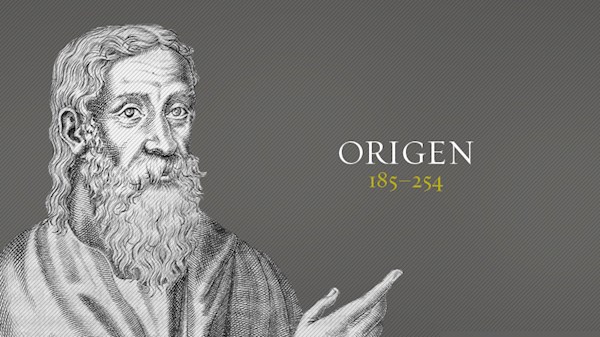
An example of an African Christian who shaped European (and global) Christianity before the advent of European missions to Africa and colonialism a millennium-and-a-half later
3. DECOLONIZING THE GOSPEL STORY
Every African Christian must own a copy of and read Oden’s ‘How Africa Shaped the Christian Mind.’ Early African Christians (as early as the 30s and 40s A.D.) and later on into the second to fifth centuries literally shaped Western Christianity before the latter turned round 1,500 years later to bring us a Gospel that was in Western garbs and made to look as if Jesus was ‘Made in the West.’ Know your history so that no one robs you of your salvation in Jesus Christ, which is for all people–every nation, tribe and tongue.
Even newer than Oden’s work is Bantu’s “A Multitude of All Peoples: Engaging Ancient Christianity’s Global Identity” (2020). In it he asserts how “Christianity is not becoming a global religion. It has always been a global religion. The early Christian movement spread from Jerusalem in every direction, taking on local cultural expression all around the ancient world.” And asks, “So why do so many people see Christianity as a primarily Western, white religion?”
When people, out of arrogance or ignorance, tell Africans like me that “Christianity is the white man’s religion”, I laugh on many levels: anthropological, historical, missiological, scriptural, theological… I wish I had the time to chase all those assertions and their originators. The fact that I do not always respond should not be misconstrued as I have no cogent answers.
Even without going into the MANY Scriptural references to Africa(ns), I can think of African Christians in the last 2,000 years who have shaped Christianity like Athenesius, Anthony of Egypt, St. Augustine (from Algeria), Justin, Clement, Origen (picture above) etc. In fact, even the term ‘Trinity’ was coined by an African called as Tertullian (from Tunisia). He is the same guy who gave us the designations of Old and New testaments.
Origen, for example, “was incomparably the greatest scholar and theologian of the Eastern Church in the early centuries as well as a prolific writer. His learning and his works were encyclopaedic. He is reputed to have written about 6,000 books. The first scientific theologian, Origen was a man ahead of his age, particularly in terms of Biblical scholarship and criticism” (Dictionary of African Christian Biography). Make the time to visit the Dictionary of African Christian Biography, and be inspired by the stories of ancients through martyrs and missionaries to nationalists. ALL AFRICAN.
TIME TO COOL OFF WITH A SIP OF GLORIOUS PALM WINE
I like how intelligent contemporary Africans are asking intelligent questions about culture and faith. May it go with an attendant desire to learn proper history and with discernment to extract the pure Gospel from its various cultural entrapments. The Gospel of Jesus Christ is good news for ALL people–EVERY nation, tribe and tongue!
Lead Different.
There are many commonalities between leadership in general and Christian leadership in particular. There are stark, even diametrically opposed, differences too. The primary source of power to influence is one of them; and it is everything!
My heart skipped a beat. Jerry, who has had enough of Christian leadership nonsense of late, was passionately shaming some unnamed pastors for preaching from Robert Greene’s 1998 bestseller The 48 Laws of Power. I began to wonder: were these pastors comparing and contrasting Greene’s ‘laws’ with biblical principles of leadership and telling Christ followers “not so with you” or were they actually promoting the former?
I own a copy of the said book, one of over 1.2 million copies sold in the United States alone and translated into 24 languages. Fast Company called the book a “mega cult classic.” You see, I have been a student of leadership for some 20 years, informally, semi-formally and formally. In fact, just this weekend I received in the mail my official Master of Arts in Global Leadership certificate from Fuller Theological Seminary after a transformational three-year journey.
My bookshelves are loaded with all sorts of leadership books: the good, the bad and the ugly. I search for principles, those timeless, universal laws that are true for any people in any sphere of life in every age. So in Physics, for example, the law of gravity holds true wherever you are irrespective of gender, race, religion, creed or social status. Similarly, there are leadership principles that are timeless and universal truths like the laws of influence, the requirement of vision and mission (picture of the future, destination, direction, objective, goals) and absolute need for clear communication.
“NOT SO WITH YOU”
These things just listed, if we were to draw a Venn diagram of A. General leadership and B. Christian leadership, will be found in the area of intersection (AB) as illustrated below.
Having said that, there are things that are characteristic of General leadership that cannot be true of Christian leadership and vice-versa. For example Greene’s Law 15 is “Crush your enemy totally” (2002, 57); “But I [Jesus] say, love your enemies! Pray for those who persecute you!” (Matthew 5:44) When I think of the guy who falsely accused me of assault and wasted my time, energy and $15,000 in legal fees there is no doubt I prefer Greene’s Law 15; leading Christ’s way is hard.
Jesus Christ himself minced no words that some things are different in His Kingdom. He once said about power, when Mrs. Zebedee came to lobby for his two sons James and John to hold key positions in His Kingdom: “You know that the rulers in this world lord it over their people, and officials flaunt their authority over those under them. But among you it will be different. Whoever wants to be a leader among you must be your servant, and whoever wants to be first among you must become your slave. For even the Son of Man came not to be served but to serve others and to give his life as a ransom for many” (Matthew 20:25-28, NLT, emphasis mine).
THREE POWER BASES
“But among you it will be different.” It cannot be clearer than that: there are exclusives when it comes to Christian leadership and Christ followers shouldn’t fool themselves. Bobby Clinton’s extensive leadership research resulted in the observation that a person’s influence has three different sources or what he calls “power bases” which refers to “the source of credibility, power differentials, or resources which enables a leader to have authority to exercise influence on a follower” (2001, 439). The three different kinds of power bases are positional, personal and spiritual.
1. POSITIONAL POWER–this is influence exercised because of one’s position or title in society or an organization. It is extrinsic and only works because it has been granted by those with even greater authority eg. CEO appointed by a Board. People may submit because of hierarchy; but not because they have really granted the leader permission to influence them beyond that context. In his New York Times bestseller, The 5 Levels of Leadership, John C. Maxwell is unequivocal that “position is the lowest level of leadership–the entry level. The only influence a positional leader has is that which comes with the job title. People follow because they have to” (20011, 7, emphasis mine). This is is Level 1, ground floor. I worry when Christian leaders jostle for positions like bishop and archbishop and will kill over titles like ‘Rev. Dr.,’ ‘Very Rev.,’ ‘Major Prophet’ and ‘Apostle General.’ Christian leaders should examine their motives and check their shadows (a.k.a. false self) why they crave these positions and titles. The recent rush for cheap doctorates is a disgrace to Christ’s church! It is a sign of deep sickness which needs strong medicine. Only the true and pure Gospel fully applied by the power of the Holy Spirit can cure this.
2. PERSONAL POWER–this is influence exercised through a person’s mix of personality, charisma, connections, knowledge, character, skills, expertise, access to info, networth and behaviour. This is the bread and butter of the multi-million motivational industry. It’s mostly about increasing personal power. In summary, “this kind of power depends on the confidence and trust a person generates from the people he or she is attempting to lead” (Reese & Loane 2012, 116). Here, people grant you permission to lead them because of who you are, what you do (or have done), what you represent and how much you mean to them. So Maxwell’s Level 2 is Permission, Level 3 Production, Level 4 People Development and Level 5 Pinnacle (which is developing other leaders to Level 4). While all these elements of personal power are somewhat more intrinsic than positional leadership, and that may be the ceiling for the rest of the world, for the Christian leader even this will not suffice. I find many Christian leaders trying to better themselves and polish their craft to gain more influence. This is better than just positions and titles and hierarchy; but it still isn’t best. Even Maxwell’s Level 5 which he calls ‘the Pinnacle’ isn’t really the highest point for Christian leaders.
3. SPIRITUAL POWER–finally, this is influence exercised because of the perception of the person’s spiritual authority. Again, according to Reese & Loane, “The followers recognize evidence of a close relationship with God and see the leader as credible and trustworthy because of his or her apparent close relationship with God” (2012, 116). I find it curious that words like ‘perception’ and ‘apparent’ are used because people can fake this or even go for a false version of spiritual power from the occult. Again, the numerous emerging testimonies of ‘pastors’ going for occult powers to influence people is heart-breaking. It is pure evil; anti Christ. Effectual Christian leaders, whose being and doing counts on earth and in heaven, value spiritual authority as their primary power base. Again Reese & Loane say, “And this spiritual authority flows out of a deep concern for and commitment to intimacy with God and a life lived with integrity. Their influence does not exclude personal or positional authority, but these power bases become secondary. Over time, their communities increasingly recognize their lives as characterized by spiritual power and authority.” (2012, 116). We have a problem, a big problem, when Christian leaders and pastors depend more on positional and personal power than spiritual power.
CONCLUSION
It is no wonder then that “the people who know their God shall be strong, and carry out great exploits“ (Daniel 11:32b, KJV, emphasis mine), including resisting the smooth talking of those who oppose Christ and His cause. They have spiritual power, and that is everything. Not everything leadership is great or even good for the Christian leader. O for prudence, wisdom and discernment to value what counts in Christ’s marking scheme! For the Christian leader, positional power is good. Personal power is better. “Every good and perfect gift is from above.” But the greatest and best is spiritual power.
References
Clinton, Robert J. 2001. Clinton’s Biblical Leadership Commentary Series, Commentary CD vol. 2. Altadena, CA: Barnabas.
Greene, Robert and Joost Elffers. 2002. The 48 Laws of Power. London: Profile Books.
Maxwell, John C. 2011. The 5 Levels of Leadership. New York, NY: Hachette Book Group.
Reese, Randy D. & Robert Loane. 2012. Deep Mentoring: Guiding Others on Their Leadership Journey. Downers Grove, IL: InterVarsity Press.

